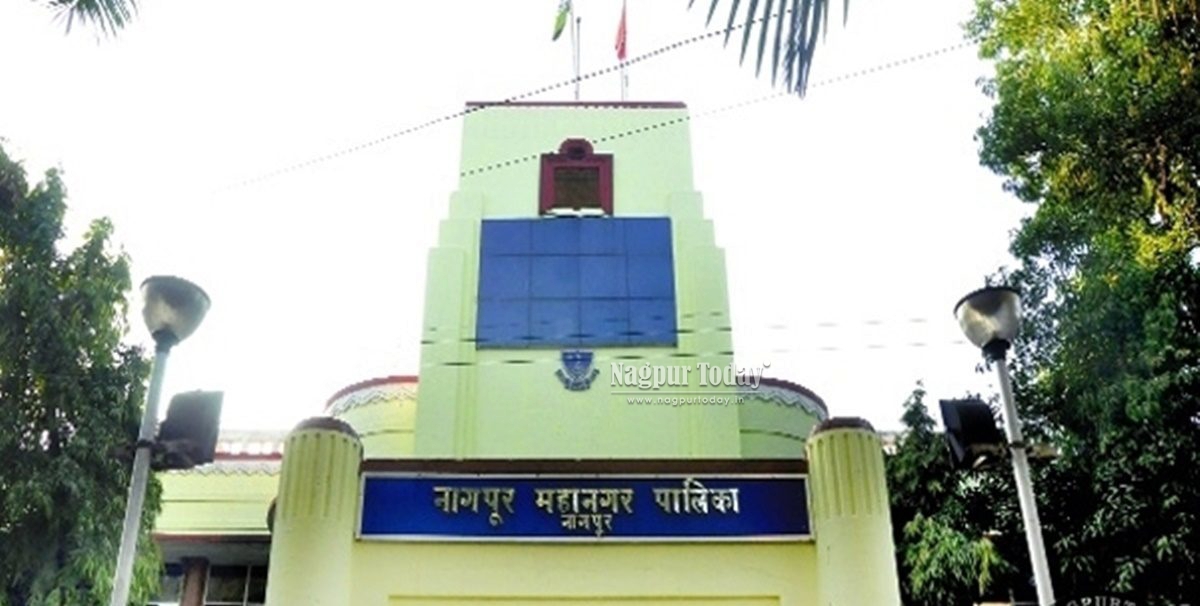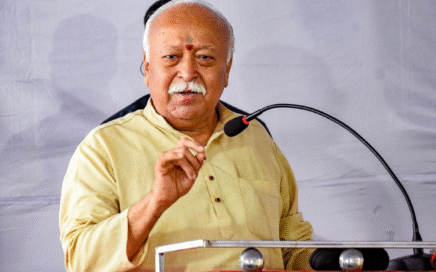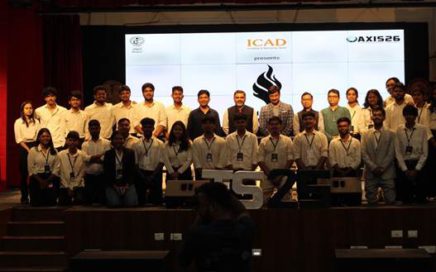
Nagpur: In a move loaded with political significance ahead of the civic elections, the Nagpur Municipal Corporation (NMC) has rolled back its earlier reform and raised the financial limit for offline tenders to Rs 10 lakh. The order, issued on Friday by Municipal Commissioner and Administrator Dr. Abhijeet Chaudhari, effectively overturns his own February decision that restricted offline tendering to works up to Rs 3 lakh.
The decision comes after mounting pressure from city legislators and political leaders, who had long demanded the restoration of the Rs 10 lakh limit to enable “quicker redressal of local issues.” Notably, the order was signed on the very day Guardian Minister Chandrashekhar Bawankule chaired a review meeting of Nagpur’s development projects, attended by several MLAs who openly criticized the civic chief for “defying” the Urban Development Department’s directive that allowed offline tenders up to Rs 10 lakh.
Reform reversed under political heat
Dr. Chaudhari’s earlier move to cap offline tenders at Rs 3 lakh was seen as a bold step to curb collusion between officials and contractors, who were allegedly splitting large projects into multiple smaller ones to bypass online scrutiny. The aim was to ensure transparency through e-tendering, especially for projects exceeding Rs 3 lakh, a measure widely welcomed by reform advocates and civic watchdogs.
However, with civic elections looming and growing unrest among elected representatives, the administration has seemingly bowed to political compulsions over policy prudence.
In the new order, Dr. Chaudhari has cautioned officials that any attempt to divide larger projects into multiple Rs 10 lakh tenders will invite disciplinary action. Yet, insiders believe the rollback effectively defeats the very purpose of the e-tendering reform.
“Earlier, the Commissioner had managed to plug one of the biggest leakages in the system,” said a senior NMC source. “Now, this move reopens the door for the same old network of middlemen and corrupt practices that thrive in offline tendering.”
Public representatives defend the rollback
Elected representatives, however, argue that the decision was long overdue. They claim that the ₹3 lakh cap was causing bureaucratic bottlenecks and delays, especially in addressing local complaints regarding storm drains, road repairs, drainage chambers, and garden maintenance.
According to them, e-tendering procedures often take three to four months before work orders are finalized. “By then, citizens lose patience,” one MLA said. “Offline tenders up to Rs 10 lakh help in showing quick results and reducing public anger.”
Civic activists warn that while the move may speed up smaller works, it also weakens the accountability framework painstakingly built over recent years. The earlier e-tendering mandate had brought much-needed checks and balances into the Public Works Department, which has long been plagued by contractor-official nexuses.
With this reversal, critics fear that short-term political gains may once again take precedence over long-term transparency and fiscal discipline.














